Weight loss can be a confusing journey, with numerous myths and misconceptions often swirling around. In this listicle, “10 Things People Get Completely Wrong About Weight Loss,” we’ll debunk common misunderstandings that can hinder your progress or lead you astray. From dietary myths to exercise pitfalls, you’ll discover practical insights that can help you navigate your weight loss journey more effectively. Whether you’re just starting or looking to refine your approach, these clarifications will empower you with the knowledge you need for sustainable success. Let’s dive in!
1) Weight loss is only about diet and exercise – Many factors, including sleep, stress, and hydration, play a crucial role in losing weight
When it comes to shedding those extra pounds, many individuals mistakenly narrow their focus solely to diet and exercise. While these two components are undeniably important, they are just part of a larger puzzle. Several other lifestyle factors significantly influence our ability to successfully lose weight and maintain a healthy body. In fact, ignoring these elements can often lead to frustration and stagnation in your weight loss journey.
Consider the following aspects that can dramatically impact your progress:
- Sleep: Lack of restorative sleep can disrupt hormones that regulate hunger, leading to increased cravings and a tendency to overeat.
- Stress: Elevated stress levels can trigger emotional eating and increase cortisol, a hormone linked to fat retention.
- Hydration: Dehydration can sometimes be mistaken for hunger, causing unnecessary snacking. Drinking enough water is essential for optimal metabolism and appetite regulation.
To put this into perspective, here’s a simple table that illustrates how these factors interact with weight loss:
| Factor | Impact on Weight Loss |
|---|---|
| Sleep | Regulates hunger hormones and improves fat burning |
| Stress | Leads to cravings and fat retention |
| Hydration | Helps manage appetite and enhance metabolism |
Embracing a holistic approach that incorporates these factors can lead to more sustainable and effective weight loss results. Focusing only on what you eat and how much you move can leave you feeling like you’re treading water, while addressing your sleep, stress levels, and hydration may be the keys to unlocking your true potential.
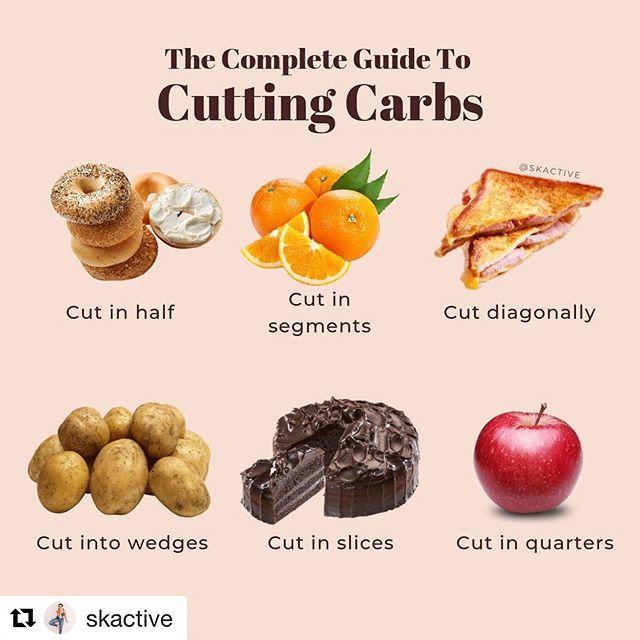
2) You have to cut carbs completely – Carbohydrates can be part of a balanced diet; it’s more about choosing the right ones and the right portions
Carbohydrates are often demonized in the weight loss world, leading many to believe that cutting them out entirely is the key to shedding pounds. However, this perspective misses the mark. The truth is that not all carbs are created equal. It’s critical to focus on the quality of the carbohydrates you consume rather than banishing them completely from your diet.
Consider these healthier carbohydrate options:
- Whole grains (e.g., quinoa, brown rice, oats)
- Fruits (e.g., berries, apples, bananas)
- Vegetables (e.g., leafy greens, sweet potatoes, peppers)
- Legumes (e.g., beans, lentils, chickpeas)
In contrast, processed carbs, such as white bread and sugary snacks, can lead to weight gain when consumed in excess. The key is moderation and mindfulness about your choices. By incorporating nutrient-dense carbs into your meals and controlling portions, you can enjoy the benefits of energy-boosting foods without the guilt.
To illustrate the distinction between good and bad carbs, check out this simple table:
| Good Carbs | Bad Carbs |
|---|---|
| Quinoa | White bread |
| Sweet potatoes | Sugary cereals |
| Whole fruits | Candy |
| Brown rice | White pasta |
Incorporating the right types of carbohydrates in balanced portions can enhance your diet, support your energy levels, and still align with your weight loss goals.
3) All calories are created equal – The source of calories matters; whole foods provide more nutrients and can support better weight management than processed ones
When it comes to weight loss, many people cling to the notion that all calories are equal—250 calories from an indulgent donut seem just as valid as 250 calories from a kale salad. However, this simplistic view misses a crucial point: the source of calories plays a significant role in overall health and weight management. Whole foods are packed with essential vitamins, minerals, and fiber, whereas processed foods often lack these nutrients and are filled with unhealthy additives.
Consuming whole foods can lead to better weight management for several reasons:
- Nutrient density: Whole foods provide more nutrients per calorie, supporting the body’s needs without excess calories.
- Satiety: Foods rich in fiber, such as fruits, vegetables, and whole grains, keep you fuller for longer, making it easier to avoid overeating.
- Stabilized energy levels: Whole foods release energy slower, preventing spikes and crashes that can lead to cravings.
Here’s a quick comparison of some common whole foods versus processed options:
| Food Type | Nutrient Density | Calorie Source |
|---|---|---|
| Apple | High in fiber, vitamins, and antioxidants | Natural sugars |
| Potato Chips | Low nutrients, high in unhealthy fats | Processed fats and sugars |
| Brown Rice | Rich in fiber and minerals | Complex carbohydrates |
| White Bread | Low nutrients, high in refined carbs | Refined sugars |
To foster a healthier relationship with food and maximize weight loss efforts, focusing on whole, minimally-processed foods is essential. By making mindful choices about where your calories come from, you can pave the way for lasting changes in your diet and overall health.
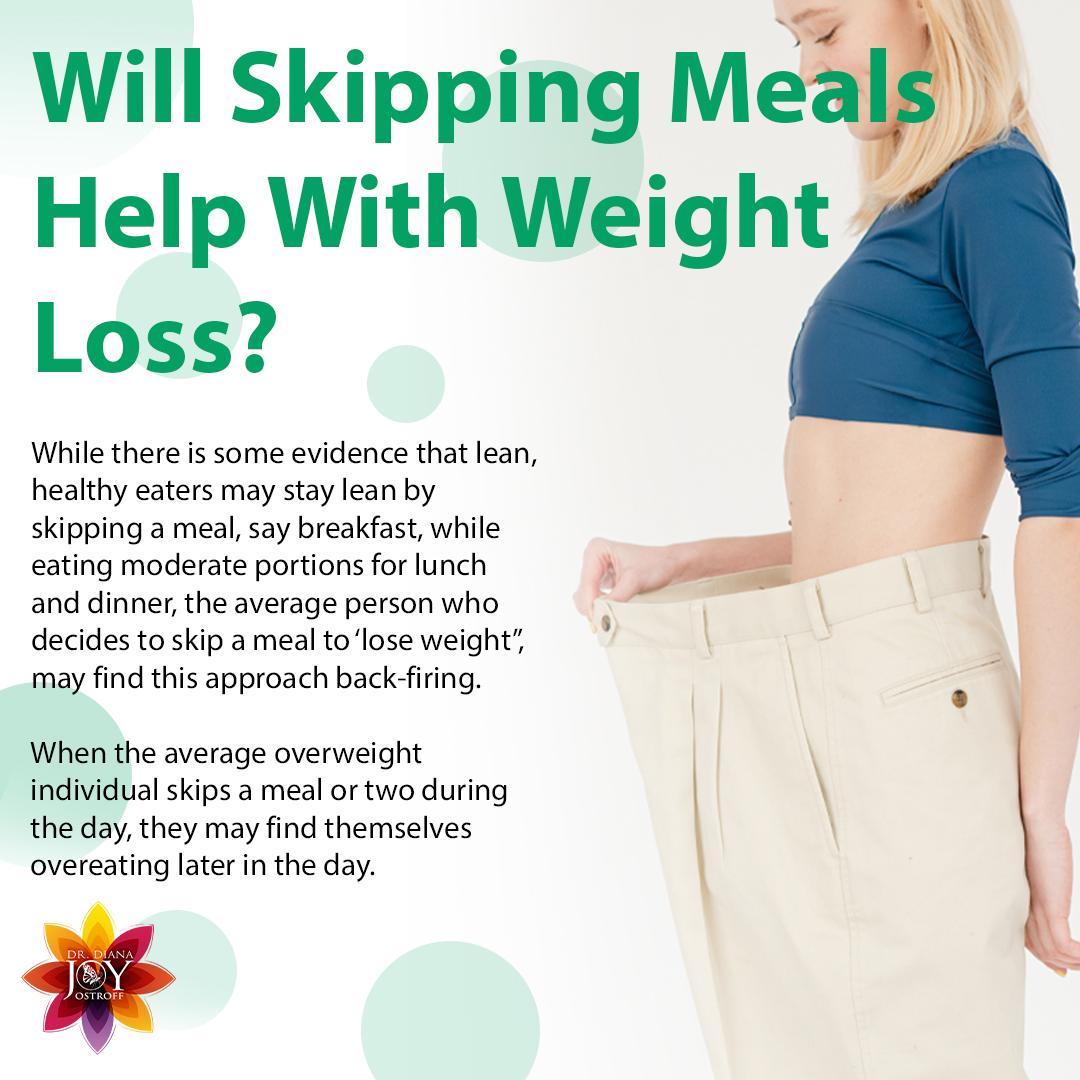
4) Skipping meals helps you lose weight – Skipping meals can lead to overeating later and might slow your metabolism instead of boosting weight loss
Many individuals believe that skipping meals is a fast track to shedding unwanted pounds. However, this approach can backfire, leading to a cycle of overeating and sluggish metabolism. When you deprive your body of essential nutrients, it goes into conservation mode, making it more difficult to lose weight. Instead of burning fat, your body may cling to it, thinking food is scarce.
Consider these potential consequences of missing meals:
- Increased hunger: When you skip a meal, your hunger levels soar, making it difficult to resist indulgent foods later.
- Blood sugar spikes: Fasting can lead to rapid increases and falls in blood sugar, resulting in cravings for sugary snacks.
- Metabolic slowdown: Your body may adapt to lower caloric intake by reducing the rate at which it burns calories.
Research has shown that maintaining regular meal intervals is essential for keeping both energy levels and metabolism stable. Instead of skipping meals, try to focus on balanced, nutrient-dense foods and smaller servings spread throughout the day. This strategy will support sustainable weight loss without the detrimental side effects of missed meals.

5) Supplements will magically help you lose weight – There’s no magic pill; the most effective weight loss comes from sustainable lifestyle changes, not quick fixes
When it comes to shedding those extra pounds, many people fall into the trap of thinking that a supplement can be the one-stop solution. The allure of a magic pill that promises rapid weight loss is tantalizing, but reality tells a different story. The truth is, while certain supplements might aid in weight loss efforts, they are not a substitute for healthy habits. Relying solely on these products can lead to disappointment and can even hinder progress if they become a crutch for poor dietary choices and inactivity.
Real and lasting weight loss stems from consistent lifestyle changes. Here’s why focusing on these changes beats any supplement:
- Nutritional Balance: Healthy eating provides the body with sustained energy and necessary nutrients, improving overall well-being.
- Regular Exercise: Physical activity burns calories and boosts metabolism, which is crucial for weight management.
- Behavioral Changes: Developing mindfulness around eating habits and stress management leads to better choices over time.
Rather than chasing after quick fixes, consider investing your time and effort into a comprehensive approach that includes a balanced diet and regular physical activity. The following table illustrates the long-term benefits of sustainable lifestyle changes compared to reliance on supplements:
| Approach | Sustainability | Health Benefits |
|---|---|---|
| Supplements | Low | Temporary results, possible side effects |
| Healthy Lifestyle Changes | High | Improved overall health, lasting results |

6) Weight loss is a linear process – Everyone’s body is different; weight loss can fluctuate due to various reasons, including water retention and muscle gain
Many people approach weight loss expecting a straight path from Point A to Point B, but the reality is much more complex. Our bodies respond differently to various factors, meaning that weight loss is rarely a consistent drop on the scale. Fluctuations can stem from a number of reasons, including:
- Water Retention: Your body may temporarily hold onto water due to changes in diet, exercise, or hormonal fluctuations.
- Muscle Gain: As you lose fat and gain muscle through strength training, the scale might not reflect your progress accurately.
- Digestive Changes: Different foods can affect how much weight you carry at a given time, depending on digestion and metabolism.
Understanding that weight loss isn’t linear can help prevent discouragement. It’s essential to focus on overall health and sustainable changes rather than obsessing over daily or weekly weight fluctuations. Tracking progress through various methods—like measuring body composition, tracking how your clothes fit, or even reflecting on your energy levels—can provide a clearer picture of your achievements. Consider using a table to compare your various metrics over time for better insights:
| Week | Weight (lbs) | Body Fat (%) | Measurements (in) |
|---|---|---|---|
| 1 | 150 | 28 | Waist: 30, Hips: 40 |
| 2 | 149 | 27 | Waist: 29.5, Hips: 39.5 |
| 3 | 152 | 26 | Waist: 29, Hips: 39 |
| 4 | 148 | 25 | Waist: 28.5, Hips: 38.5 |
This method provides a more holistic view of your weight loss journey, allowing you to celebrate small wins along the way despite what the scale may say on any given day.
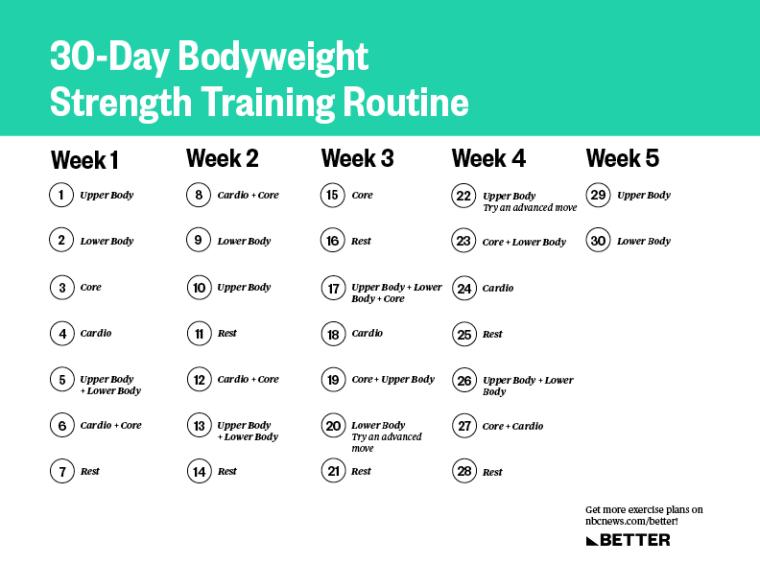
7) You need to work out for hours to see results – Short, focused workouts can be just as effective; consistency and intensity often matter more than sheer duration
Many believe that to shed pounds and gain muscle, hours of strenuous workouts are the only path to success. However, this couldn’t be further from the truth. In reality, engaging in short, focused workouts can deliver results that are just as impressive as longer sessions. The key lies in consistency and intensity rather than the clock. High-intensity interval training (HIIT), for example, allows individuals to maximize their efforts in as little as 20-30 minutes. This method not only saves time but also keeps your metabolism revved up long after you’ve finished exercising.
Here are some advantages of shorter workouts:
- Time-efficient: Fit exercise into even the busiest schedule.
- Higher Intensity: Push yourself harder during shorter sessions.
- Less Boredom: Keep workouts fresh and engaging.
To illustrate the effectiveness of shorter workouts, consider the following comparison:
| Workout Type | Duration | Calories Burned (approx.) |
|---|---|---|
| Traditional Cardio | 60 Minutes | 300-500 |
| HIIT Session | 30 Minutes | 300-450 |
As shown, a well-structured HIIT routine can match or even exceed the effectiveness of longer cardio sessions. So, rather than feeling confined to the idea that weight loss requires hours at the gym, embrace shorter, more targeted workouts that fit your lifestyle and boost your results.
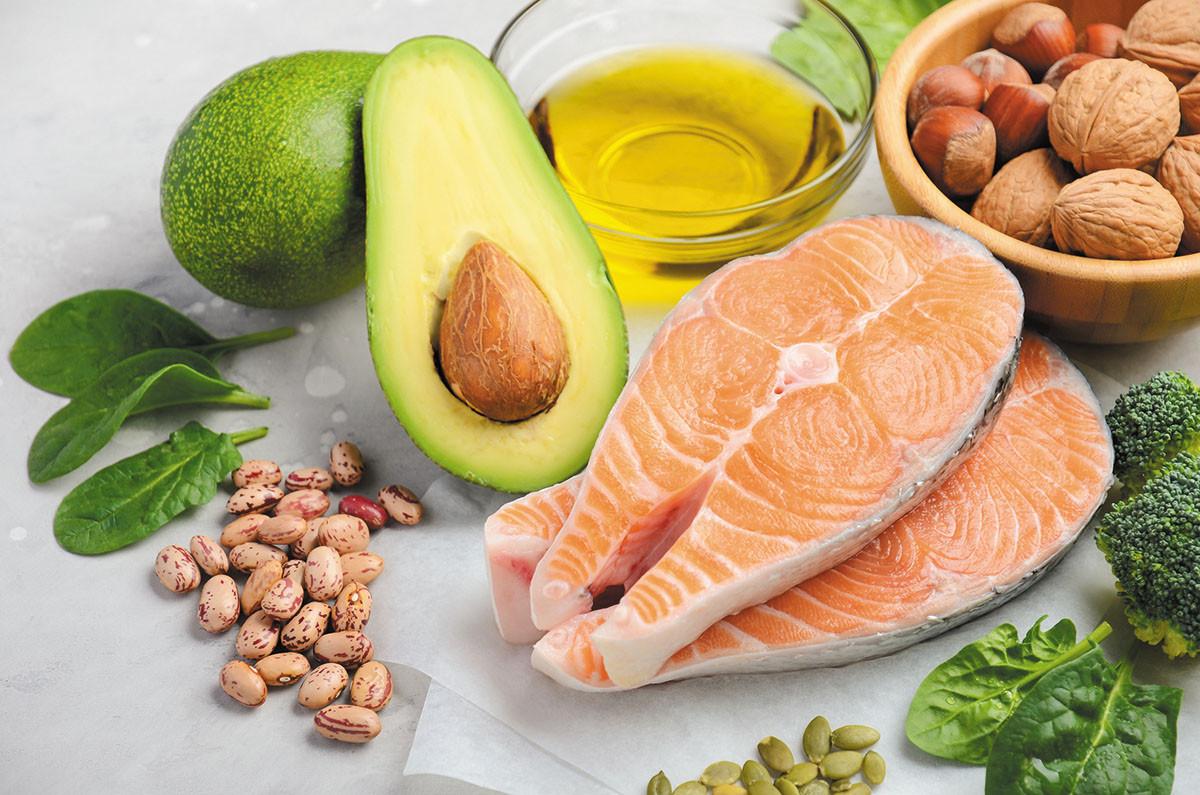
8) Eating fat makes you fat – Healthy fats are essential for overall health and can actually help keep you full, supporting weight loss efforts when consumed wisely
- Healthy Fats Are Essential: Contrary to popular belief, not all fats contribute to weight gain; in fact, healthy fats play a crucial role in our overall well-being. Foods like avocados, nuts, and olive oil are packed with monounsaturated and polyunsaturated fats that help support heart health, reduce inflammation, and even promote hormonal balance.
- Satiety and Weight Management: Incorporating healthy fats into your meals can enhance satiety. When you feel full, you’re less likely to reach for unhealthy snacks. This can lead to a more balanced diet and better weight management. For example, a meal supplemented with a drizzle of olive oil or a handful of nuts can keep you feeling satisfied longer than a low-fat option.
- Supporting Nutrient Absorption: Healthy fats also aid in the absorption of vital nutrients. Certain vitamins, such as A, D, E, and K, require fat for proper absorption. This means that including healthy fats in your diet not only contributes to fullness but also ensures you’re getting the most from your food.
| Healthy Fats | Benefits |
|---|---|
| Avocado | Rich in potassium, good for heart health |
| Nuts | High in protein & fiber, support satiety |
| Olive Oil | Contains antioxidants, promotes skin health |
| Fatty Fish (e.g., salmon) | High in omega-3 fatty acids, lowers inflammation |
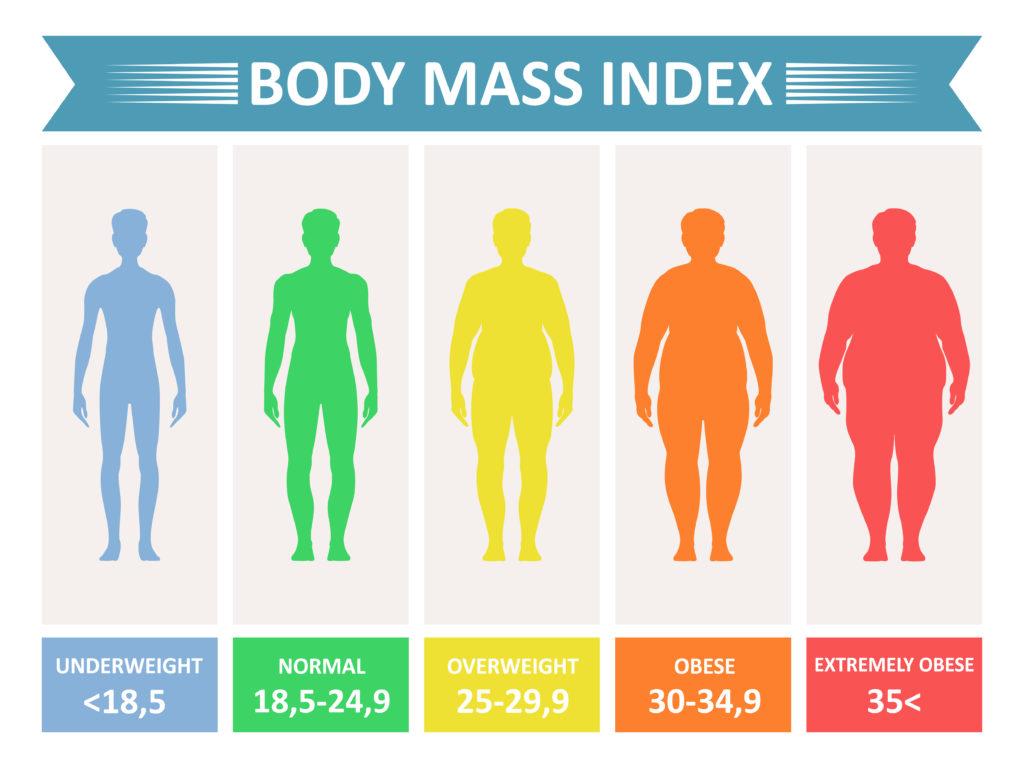
9) Once you lose weight, you can go back to old habits – Maintaining weight loss often requires long-term lifestyle changes rather than reverting to previous eating and activity patterns
Maintaining weight loss is often more challenging than the initial process of shedding pounds. Many individuals believe that once they’ve reached their target weight, they can revert to their old habits. However, this misconception can lead to a frustrating cycle of yo-yo dieting. Here are some key factors to consider:
- Sustainable eating: Transitioning into a healthier lifestyle means adopting balanced eating habits. Reintroducing high-calorie, low-nutrient foods can easily undo all your hard work. Embrace meals that are rich in nutrients, focusing on moderation rather than deprivation.
- Regular activity: Committing to ongoing physical activity is essential. Instead of treating exercise as a temporary obligation, it should become an enjoyable part of your routine. Whether it’s dancing, hiking, or yoga, find activities that you love to keep you motivated.
To visualize the impact of habits on weight maintenance, here’s a simple breakdown:
| Habit | Impact |
|---|---|
| Reverting to old dietary patterns | Weight gain likely |
| Continuing mindful eating | Weight maintenance |
| Skipping exercise | Possible weight regain |
| Staying active | Improved overall health |
Ultimately, the key to lasting weight loss is integrating these lifestyle changes into your daily routine. Embrace the journey of self-discovery and growth – it’s about fostering a relationship with food and exercise that empowers you, rather than focusing solely on the numbers on the scale.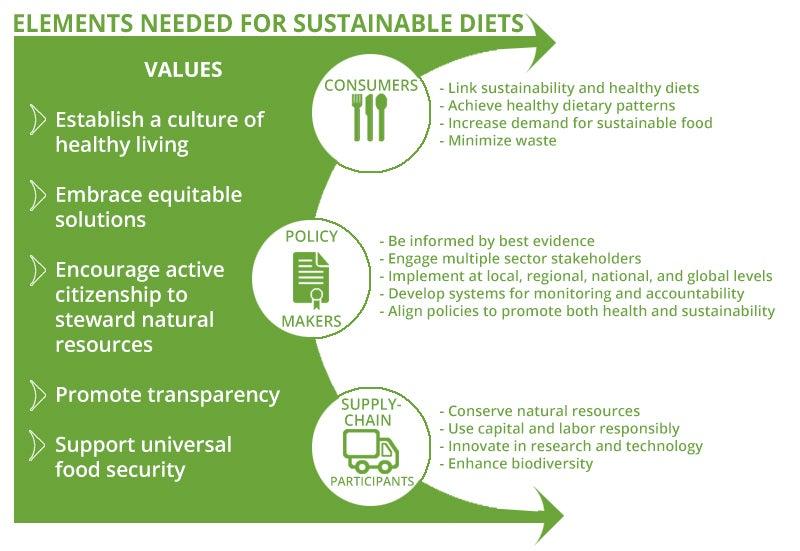
10) Diets are the key to weight loss success – Finding a sustainable eating pattern you enjoy is more effective than following restrictive diets that lead to yo-yo dieting
Many people believe that strict diets are the golden ticket to shedding pounds. However, the truth is that finding a sustainable eating pattern you actually enjoy is far more effective. When you restrict yourself with fad diets that promote *extreme limitations*, you’ll likely find yourself facing the all-too-familiar cycle of yo-yo dieting. This pattern not only disrupts your metabolism but can also lead to feelings of frustration and guilt.
Instead of cutting out entire food groups or adhering to a rigid eating plan, consider focusing on the following strategies that promote a balanced lifestyle:
- Explore diverse foods: Incorporate a variety of fruits, vegetables, whole grains, and lean proteins to keep meals interesting.
- Listen to your body: Pay attention to hunger and satiety cues to guide your eating habits.
- Practice moderation: Allow occasional indulgences to satisfy cravings without derailing progress.
- Enjoy cooking: Experiment with new recipes to discover nutritious meals you love.
- Stay active: Combine a personalized eating pattern with regular physical activity for optimal results.
Adopting a flexible approach fosters a healthier relationship with food. Ultimately, it’s about making choices that not only help you lose weight but also enhance your quality of life.
In Closing
And there you have it! We’ve uncovered the top 10 misconceptions about weight loss that can hold you back on your journey to a healthier you. Remember, the path to wellness is unique for everyone, and what works for one person might not work for another. Stay informed, be patient, and most importantly, be kind to yourself. If you have any more questions or personal insights to share, drop them in the comments below! Happy wellness journey!





